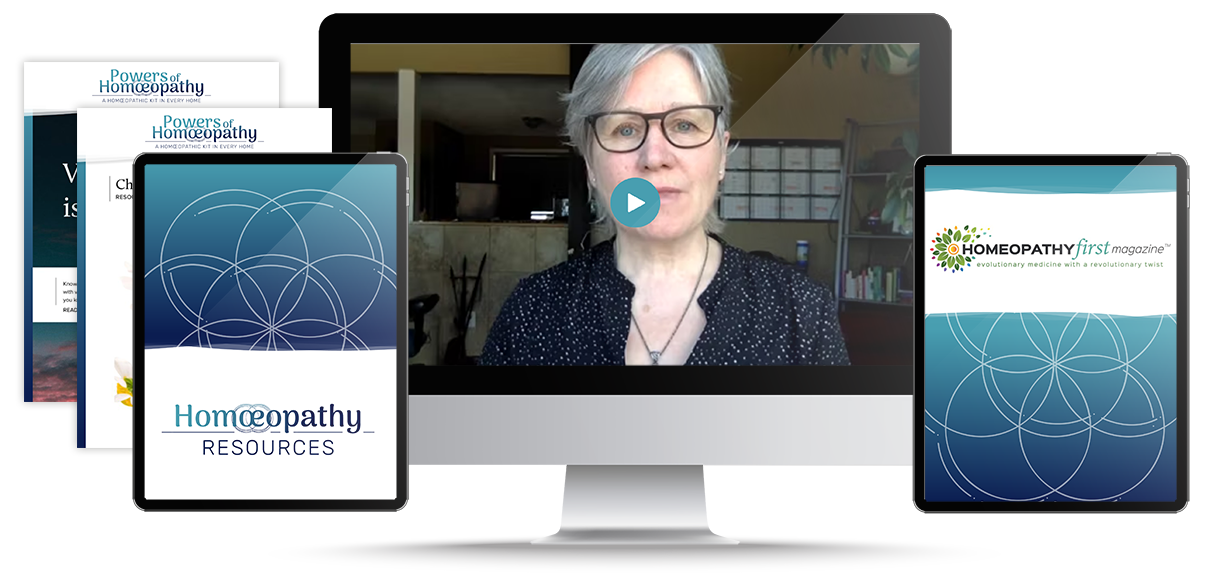 Today our guest blogger is Jeri Lynne Erickson, a psychotherapist and most importantly, a very dear friend. We have raised our kids together…boys who are now young men with families and careers. We have shared all the ups and downs that go with being a mom and now we have the gift of friendship as we transition through menopause and beyond. For both Jeri Lynne and I, our parents, especially our moms, have been our biggest cheerleaders. How is it possible that we are now the grandmas and the crones, taking our place amongst the wise women of our mothers’ generation? This newsletter is lovingly dedicated to Jeri Lynne’s mom Jennie Belle and my mom Betty. Thank you for giving us life as daughters and as friends.
Today our guest blogger is Jeri Lynne Erickson, a psychotherapist and most importantly, a very dear friend. We have raised our kids together…boys who are now young men with families and careers. We have shared all the ups and downs that go with being a mom and now we have the gift of friendship as we transition through menopause and beyond. For both Jeri Lynne and I, our parents, especially our moms, have been our biggest cheerleaders. How is it possible that we are now the grandmas and the crones, taking our place amongst the wise women of our mothers’ generation? This newsletter is lovingly dedicated to Jeri Lynne’s mom Jennie Belle and my mom Betty. Thank you for giving us life as daughters and as friends.
One of the very best gifts you can give to yourself in a season of darkness, whatever stage of life you are at, is to contact a skilled psychotherapist. Someone who can listen with a loving heart and a skilled mind who reflects back to you, who you are. This is a kind of remembering…oh yeah…this is who I am. And this is who I am when in a dark place.
Thank you Jeri Lynne for today’s tips and a helpful perspective on depression!
Depression: Opportunities
Depression is often referred to as the common cold of mental disorders. It is so common, it is normal. So normal, in fact, that the average person will go through 4 depressions in a lifetime! This sometimes-debilitating state requires us to learn how to navigate these dark seasons. The good news is that as we discover ways to glean the riches of these times in our lives, we are more and more equipped to appreciate the more wonderful parts of our human lives. It all depends on our ability to move through these periods of loss and discomfort.
The human condition begins with a huge loss and our lives are dotted with loss continuously until the final loss. Birth involves an adjustment to life outside the warm, safe, familiar environment of the womb. Although life “on the outside” is what a baby has been preparing for 9 months and there are exciting opportunities ahead, tell that to a cold, scared, screaming newborn! Depression allows us, well, actually, forces us to deal with discomfort and live to tell the tale. These difficult passages can strengthen us and teach us to be present to all of life. We used to refer to this development as character building. A bit like training for a marathon, depressions expand our potential and allow us to participate in life at a higher level.
Whatever the cause may be, depression has to be attended to and moved through. One way to look at it is as a patch of bad weather. It affects your life and has to be endured but will not last forever. And when the sun comes out again, oh how lovely it is!
Because the causes of depression are many, so are the ways to manage it. First of all, accept it. Be kind to yourself.
You’re going through a difficult time and you could use a good friend (How about the one inside of you?!). Make yourself a cup of tea; say soothing, encouraging things to yourself – like “I will get through this.” “It’s going to be okay.” “You don’t have to do this alone”
Ask for help. Whether it’s calling a friend, a family member, a professional or reading a book, put the call out. It’s important to rule out a medical condition so seeing a health professional is a good place to start. A psychotherapist can help you identify what else may be wrong in your life.
Whether you completely understand what’s happening to you or not, the feelings of depression are present and need to be accepted and worked through. I suggest tracking the body.
Focus on your breathing.
When you begin to drift off into thought, gently call your attention back to your breathing.
Notice what you’re feeling (physical sensations) and where.
Accept whatever you find there with no pressure to change or hurry the feelings.
Gently breathe into that area.
Place your hand lovingly on the area you’ve identified. Only allow comforting, soothing thoughts. (This is not the time to evaluate your life)
Continue breathing and staying with yourself until the pain or discomfort subsides or as long as you can right then.
This is a very powerful way to move even intense feelings through.
Other effective ways are to increase your repertoire of expression.
- Journal,
- paint,
- talk,
- listen to music,
- dance.
Allow your body to help you move these feelings through.
Your body is capable of buffering the sometimes damaging panic that your thoughts can create.
Whatever else you do, remember this is a passage and the kinder and more gentle you are with yourself, the more you will strengthen and learn from the experience. If you can love yourself and stick around when you most need it, you will indeed develop the self-love required to live a full life, knowing you can face any risks your adventures may bring to you.
A further sign of health is that we don’t become undone by fear and trembling but we take it as a message that it’s time to stop struggling and look directly at what’s threatening us. – Pema Chodron
Jeri Lynne Erickson is a Psychotherapist, practicing in Calgary, Alberta. She has been a private practitioner for 25 years and has been working in the field of depression and other areas of adjustment for over 30 years.





